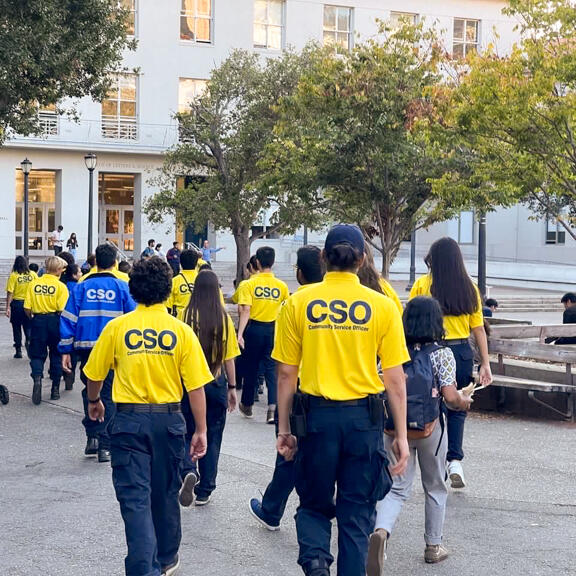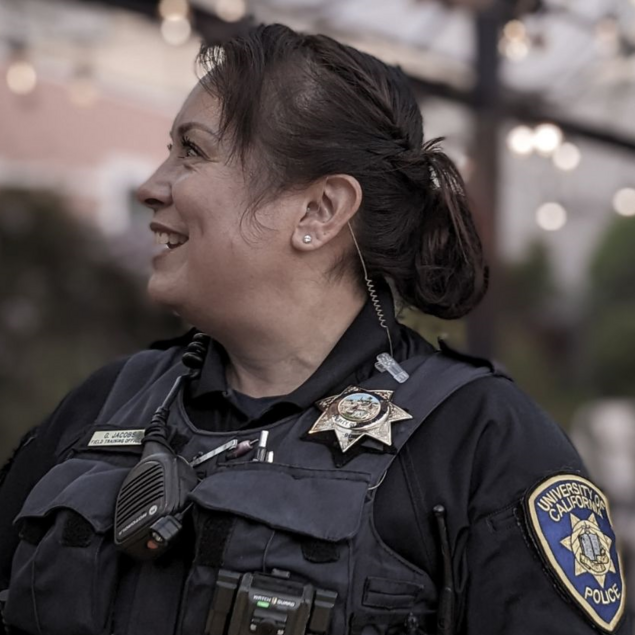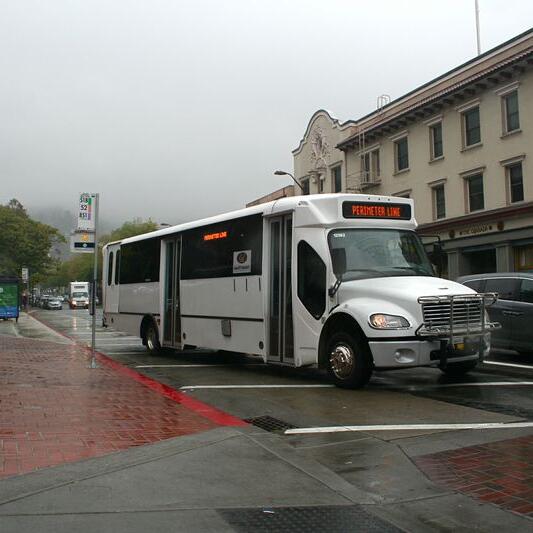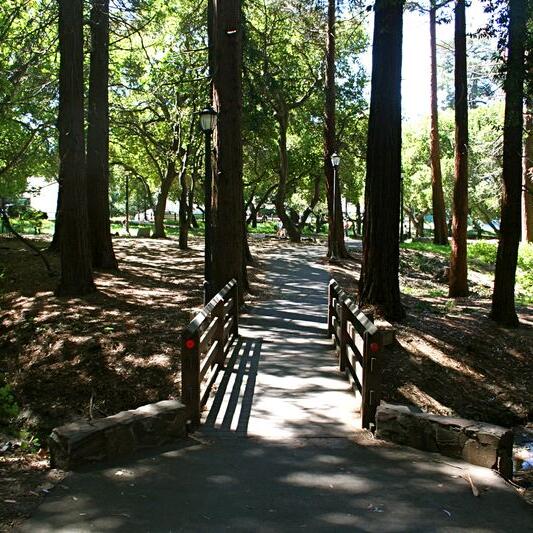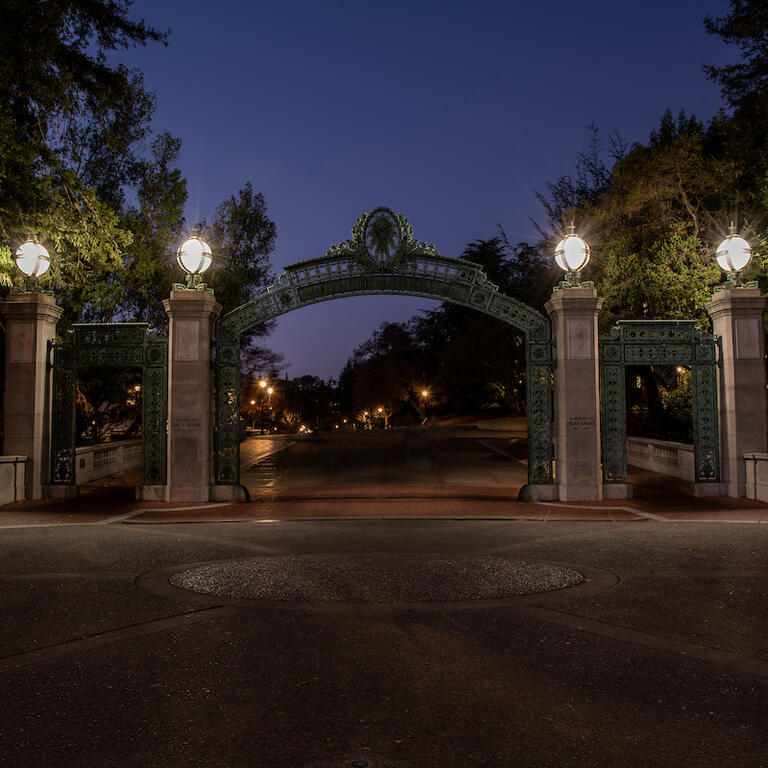Looking at the most relevant security and fire safety data, we are seeing an increase in certain crimes compared to a five-year average. However, the data we publish illustrates the locations in which crimes are reported to have occurred, not who was involved in the incidents; the crime data does not necessarily involve students or university affiliates.
Aggravated assaults and arsons
The data shows an increase in aggravated assaults and arson. An aggravated assault is an attack that could cause great bodily harm, such as when someone uses a heavy object to try and hit someone else. An arson is a fire that has been deliberately set.
Many of these occurred in People’s Park, which closed in January 2024, and is now a construction site. Unfortunately, unhoused members of the community were often the victims of these crimes. Please remember that all campus construction sites are closed to the general public and trespassing is forbidden.
Reports of sexual violence and sexual harassment
The most current available data on sexual violence and sexual harassment (SVSH) shows an increase in reports. SVSH is one of the most underreported incidents around the world and an increase in reports most often reflects individuals feeling more confident in reporting incidents of SVSH, not necessarily an increase in SVSH incidents occurring.
A significant portion of those are non-stranger encounters. Some of these recent metrics may be impacted by the pandemic and the subsequent return to in-person instruction. While this recent increase in reported cases is concerning, we are committed to ensuring that survivors of SVSH in our community feel supported in reporting and are aware of campus resources and reporting options. Remember — If you’ve experienced sexual harassment, sexual violence, dating/intimate partner violence, stalking, and/or invasion of privacy, please know that what happened is not your fault. As a community, we are dedicated to fostering a culture of safety, respect, and affirmative consent. Please contact the PATH to Care Center for confidential support and refer to our SVSH campus resource guides.
Thefts/Robberies
We have seen an increase in “motor vehicle thefts.” While car theft statistics remain fairly stable; thefts of motorized scooters and e-bikes are on the rise. We encourage people using motorized scooters, e-bikes, and standard bicycles to follow these theft prevention tips.
While rates of robberies decreased during the pandemic and have remained steady since, we are aware that the number of robberies (when someone has their possessions taken from them by force or threat of force) around campus and in the City of Berkeley remains alarmingly high compared to other UC campuses. The University and the City of Berkeley are fostering better communication and information sharing, and working to address this with crime mapping software to identify crime trends. We will use that information to deploy resources, investigate, and close out cases. Additionally, more sophisticated technology can make identifying and tracking perpetrators easier. We continue to encourage students to use the SafeWalk services, be aware of their surroundings, and walk in groups. Be mindful about having an acquaintance walk home with you one-on-one. Traveling in groups is a better option for students, particularly at night. Remember — If you are robbed, do not attempt to fight back; instead, surrender your belongings and then get yourself to safety and call the police.


